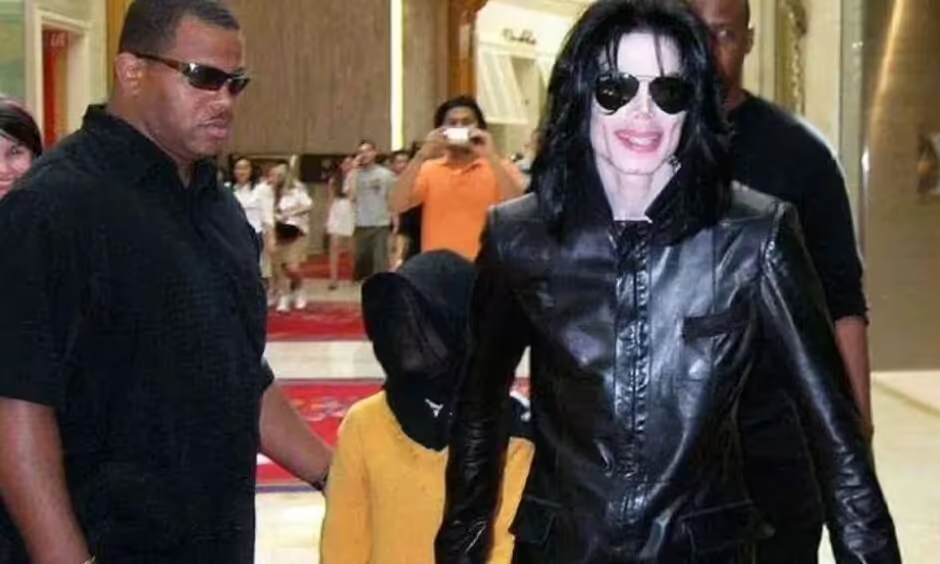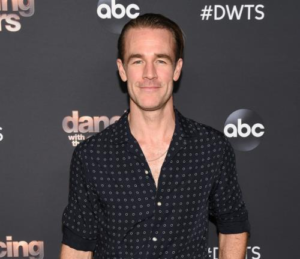
Michael Jackson’s last bodyguard, Bill Whitfield, has shed light on the intense stress and overwhelming pressures that he believes played a major role in the pop legend’s death. Speaking candidly on what would have been Jackson’s 66th birthday, Whitfield described the singer’s final days and the struggles that weighed heavily on him.
Jackson, who passed away at 50 on June 25, 2009, was officially found to have died from acute propofol intoxication, and his death was ruled a homicide. His personal physician, Dr. Conrad Murray, was convicted of involuntary manslaughter for administering the powerful anesthetic. However, Whitfield, who served as Jackson’s bodyguard from 2006 until his death, says that Jackson’s tragic end was influenced by much more than medication.
“He was under immense pressure,” Whitfield said, recalling how Jackson’s physical and emotional state deteriorated as he prepared for his highly anticipated “This Is It” tour. The comeback tour, meant to mark Jackson’s return to the stage, had taken a toll on him. “He was rehearsing constantly, and I could see it was wearing him down,” Whitfield noted.
The stress of the tour was compounded by the lingering trauma of past allegations. Jackson had been embroiled in legal battles over child sexual abuse accusations, which he vehemently denied and was acquitted of in 2005. Whitfield described how the allegations deeply affected Jackson. “He once told me he would rather die than harm a child,” Whitfield recalled, emphasizing that the accusations were baseless and profoundly painful for Jackson.
Jackson was not only battling external pressures but also struggling with his inner circle. “He was surrounded by people who constantly wanted something from him,” Whitfield said. “He was overwhelmed, and the stress was eating away at him.”
Despite the official cause of death, Whitfield believes that Jackson’s ongoing stress, coupled with the intense scrutiny and demands placed on him, contributed significantly to his untimely passing. “It wasn’t just one thing that killed him—it was everything,” Whitfield reflected. “He was stressed, and stress kills.”
Whitfield’s insights paint a portrait of a man burdened by fame, public scrutiny, and relentless pressure. Jackson’s final days were not just marked by rehearsals and medical appointments but by a deep sense of sadness and fatigue, showing that the King of Pop’s battle wasn’t just with his body, but with the weight of his world.






Be First to Comment